How to Make Your AC Colder: Tips and Tricks for a More Comfortable Home
If you’re struggling with a hot and stuffy home, you’re not alone. Many people find themselves in this situation, especially during the summer months. While air conditioning can provide relief, it can also be expensive to run. If you’re looking for ways to make your AC colder without breaking the bank, you’ve come to the right place. In this article, we’ll share some tips and tricks to help you stay cool and comfortable all summer long.
The first step to making your AC colder is to ensure that it’s working efficiently. This means checking and cleaning the filters regularly, as dirty filters can obstruct airflow and reduce cooling performance. You should also make sure that your AC unit is the right size for your home. An oversized unit can cool the air too quickly, leading to short-cycling and increased energy consumption. On the other hand, an undersized unit may struggle to cool the air effectively, leading to higher energy bills and reduced comfort.
Another way to make your AC colder is to reduce the amount of heat that enters your home. This can be achieved by closing curtains and blinds during the day, sealing air leaks around doors and windows, and using reflective window film to block out the sun’s rays. You can also reduce heat gain by using energy-efficient appliances and light bulbs, as these produce less heat than their traditional counterparts. By following these tips, you can help your AC unit work more efficiently and keep your home cool and comfortable.
Check Your Air Filters
The air filters in your AC system play a crucial role in keeping the air in your home cool and clean. Over time, these filters can become clogged with dirt, dust, and other debris, which can reduce the efficiency of your AC unit and make it harder to keep your home cool. That’s why it’s important to check your air filters regularly and replace them as needed.
Most air filters need to be replaced every 1-3 months, depending on how often you use your AC system and how dirty the air in your home is. To check your air filters, simply locate them in your AC unit (usually near the return air duct) and remove them from their housing. Hold the filter up to the light and check for any signs of dirt or debris. If the filter looks dirty, it’s time to replace it.
When choosing a new air filter, look for one with a high MERV (Minimum Efficiency Reporting Value) rating. This will ensure that the filter is able to capture a wide range of airborne particles, including dust, pollen, and pet dander. You may also want to consider using a HEPA (High Efficiency Particulate Air) filter, which can capture even smaller particles, such as mold spores and bacteria.
Replacing your air filters regularly can help to improve the efficiency of your AC system and keep the air in your home cleaner and cooler. It’s a simple and affordable maintenance task that can have a big impact on your comfort and health.
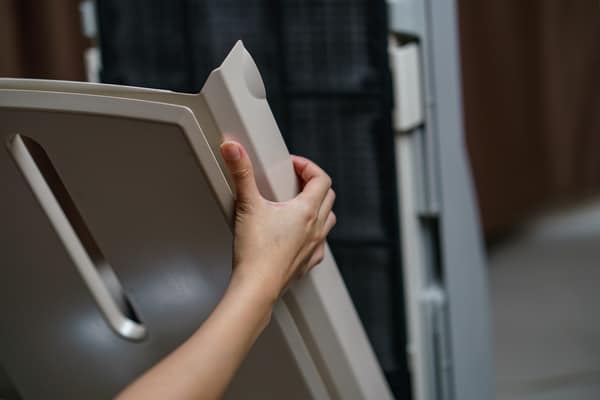
Clean Your AC Unit
Cleaning your AC unit is an essential step in maintaining its efficiency and making it colder. Dirt, dust, and debris can accumulate on the coils and filters, reducing the airflow and causing your AC to work harder. Here are the steps to clean your AC unit:
- Turn off the power to the unit
- Remove the outer cover and clean it with a soft brush or cloth
- Clean the condenser coils with a coil cleaner or a mixture of water and detergent
- Clean or replace the air filter
- Clean the evaporator coils with a coil cleaner or a mixture of water and detergent
- Clean the drain pan and drain line
- Reassemble the unit and turn on the power
It’s recommended to clean your AC unit at least once a year, preferably before the start of the cooling season. If you live in a dusty or polluted area, you may need to clean it more often. Cleaning your AC unit not only makes it colder but also improves the indoor air quality and prolongs the lifespan of the unit.
Install a Smart Thermostat
If you’re looking for a more efficient way to cool your home, consider installing a smart thermostat. These devices can help you save energy and money by automatically adjusting the temperature based on your preferences and schedule. Here are a few things to keep in mind when choosing and installing a smart thermostat:
- Compatibility: Make sure the thermostat you choose is compatible with your HVAC system. Some models may only work with certain types of systems, so check the manufacturer’s website or consult with a professional if you’re not sure.
- Features: Look for a thermostat with features that suit your needs. For example, some models allow you to control the temperature remotely using your smartphone, while others can learn your preferences and adjust the temperature automatically.
- Installation: Installing a smart thermostat is usually a straightforward process, but it’s important to follow the manufacturer’s instructions carefully. If you’re not comfortable doing it yourself, consider hiring a professional to help.
Overall, a smart thermostat can be a great investment for anyone looking to make their AC system more efficient and cost-effective. By choosing the right model and installing it correctly, you can enjoy a cooler home without breaking the bank.
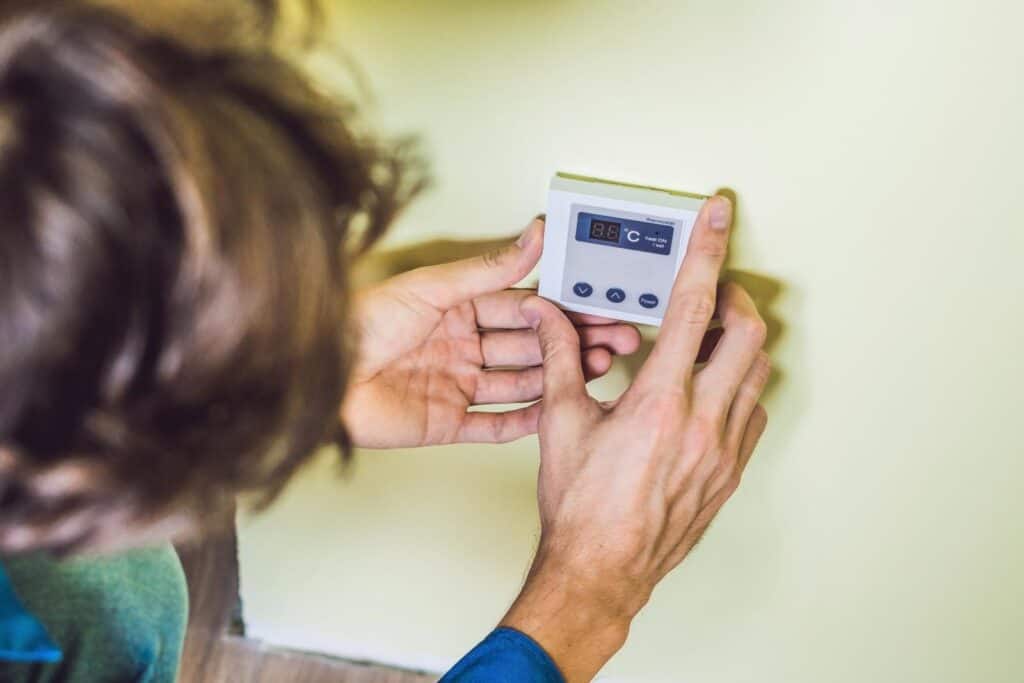
Use Fans to Increase Air Circulation
If your air conditioning unit is struggling to cool your home, consider using fans to increase air circulation. Fans can help distribute cool air throughout your home, making it feel cooler and more comfortable.
Here are some tips for using fans to improve air circulation:
- Place a fan in each room to help circulate air.
- Use ceiling fans to help push cool air down into the room.
- Position fans near windows to help draw in cool air from outside.
- Use a box fan in a window to help draw hot air out of the room.
Using fans in conjunction with your air conditioning unit can help you save money on your energy bills. By improving air circulation, you can set your thermostat a few degrees higher and still feel just as comfortable.
Block Sunlight During the Day
One of the most effective ways to make your AC colder is to block sunlight during the day. Sunlight can heat up your home and cause your AC to work harder to maintain a cool temperature. Here are a few ways you can block sunlight:
- Close curtains or blinds: This is one of the easiest ways to block sunlight. Close curtains or blinds during the hottest parts of the day to keep the heat out.
- Install window film: Window film can help block up to 99% of UV rays and reduce heat gain through windows. It’s an easy and affordable way to keep your home cooler.
- Use shades or awnings: Shades or awnings can be installed outside your windows to block sunlight before it enters your home. This can be an effective way to keep your home cooler and reduce your energy bills.
By blocking sunlight during the day, you can reduce the amount of heat that enters your home and make your AC work more efficiently. This can help you save money on your energy bills and keep your home cooler and more comfortable during the hot summer months.
Consider Upgrading Your AC Unit
If you have tried all the tips mentioned above and your AC still isn’t cooling your home as much as you’d like, it may be time to consider upgrading your AC unit. Here are a few things to keep in mind:
- Efficiency: Newer AC units are generally more energy-efficient than older models, which can save you money on your energy bills in the long run.
- Size: It’s important to choose an AC unit that is the right size for your home. A unit that is too small will struggle to cool your home, while a unit that is too large will cycle on and off frequently, which can be inefficient and may not effectively dehumidify your home.
- Features: Newer AC units may come with features such as programmable thermostats, which can help you save energy by automatically adjusting the temperature when you’re not home.
- Cost: Upgrading your AC unit can be a significant investment, so it’s important to consider the cost and weigh it against the potential savings on your energy bills.
Before making a decision, it’s a good idea to consult with a professional HVAC technician who can help you choose the right AC unit for your home and ensure that it is properly installed. Remember to also consider factors such as maintenance and repair costs when making your decision.
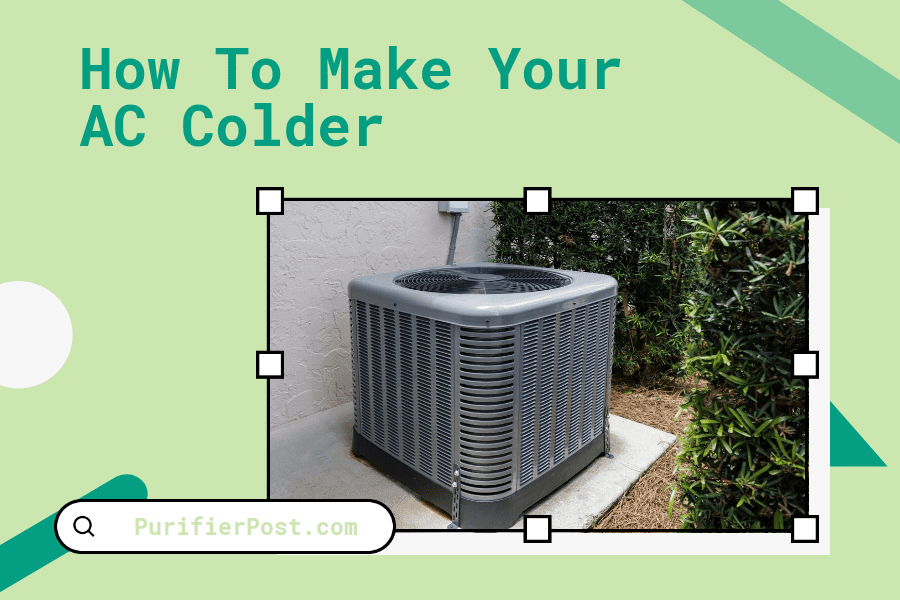
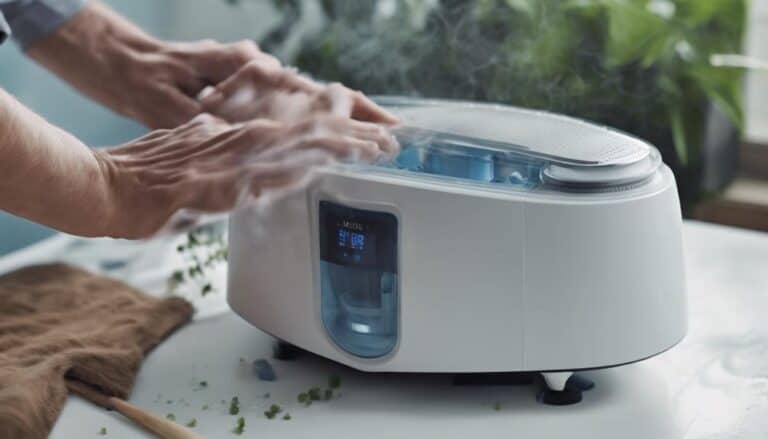

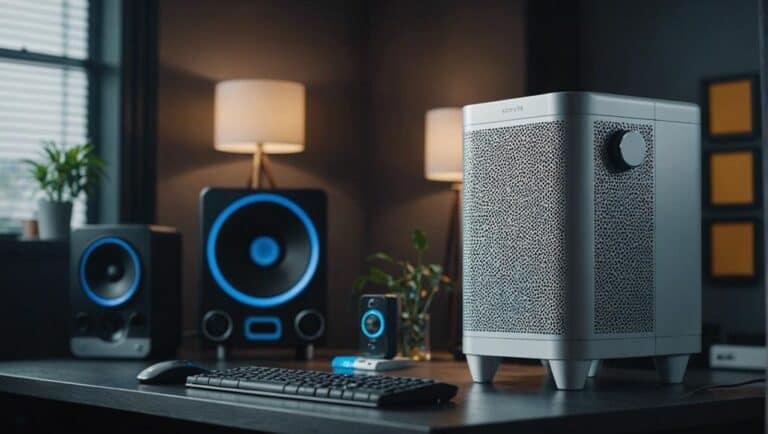
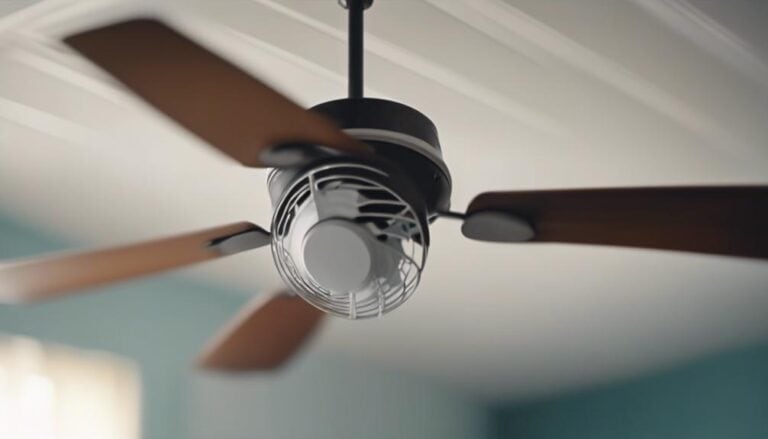

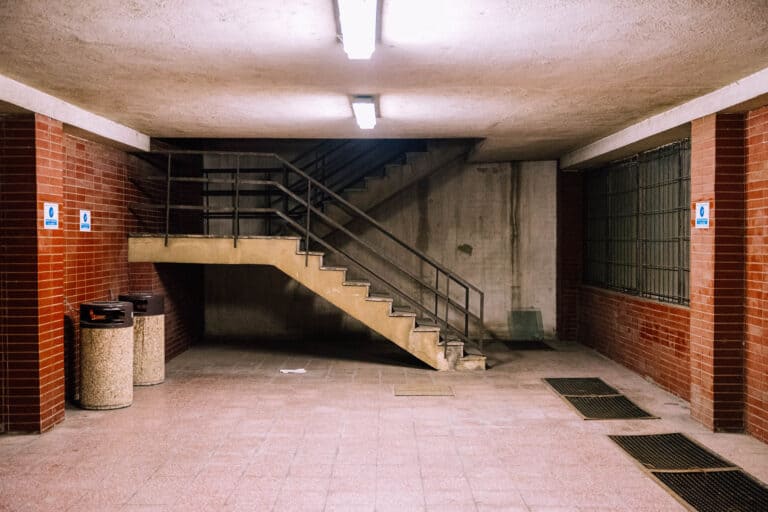
2 Comments